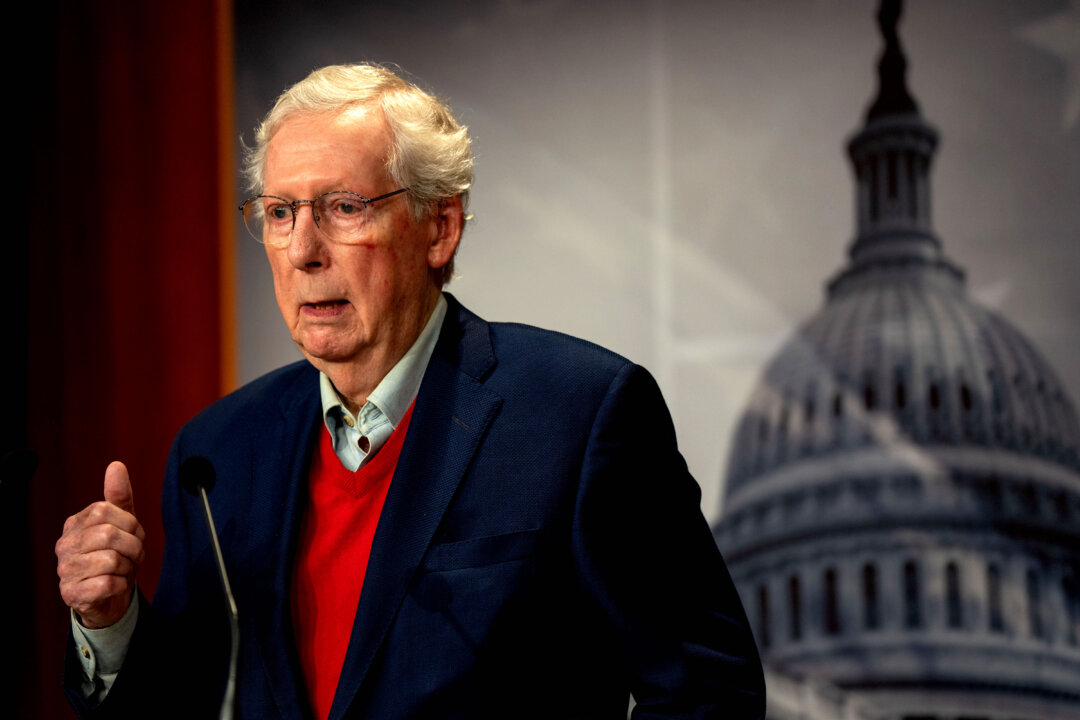
Vice President Kamala Harris made history as the first woman of color to lead the ticket of a major party. Despite her loss last week, her four-month bid for the Presidency left a big mark for many – like Sharmanda Jean-Francois. "Just seeing that she was able to be in a position like that is really inspiring for me and other young Black women," Jean-Francois, a senior at Howard University, said.
"She really painted a portrait that no matter what, our voices are heard, our voices matter, and we're worthy to be in positions like that." For Jean-Francois, Harris' racial identity contributed to her appeal as a candidate – that, and her stance on reproductive rights. "I really saw myself in her because I am Black and South Asian," says Jolikha Ali, a 65-year-old in New York City.
Ali thinks that Harris' identity is also what cost her the election. "Sexism and racism," she says, "that's really what it comes down to. And I don't know that this country's ready to elect a woman president of any race, to tell you the truth.
" Lessons from Harris' campaign Harris ran a historic campaign, but ultimately lost. What will her legacy be? Harris didn't run on her identity. Still, for some who voted for Harris, what resonated most was who she is.
Tressie McMillan Cottom, a sociologist and New York Times opinion columnist, wrote about what Harris' loss means for her legacy. "I knew that this country could elect a Black president. I did not believe it could elect a Black woman president," she told Consider This host Juana Summers.
Still, Cottom says, there are some takeaways for women of color seeking elected office. First, she believes Harris steered too far from her identity. She argues that Barack Obama's political success is proof voters could "feel good about doing the right thing, about voting for a Black woman candidate.
" "I'm not sure that subsuming the narrative about the historic nature of her race and gender helped in that regard. I think there were a lot more voters we could have brought to the table ..
.making them feel good about supporting this candidacy, even if it was just on a diversity basis." The second lesson female candidates of color can learn from Harris' campaign, Cottom says: "You can raise money.
" "I think there is a narrative out there...
that we only rely on or can only be relied on to do small donor donations." The Harris campaign made a record-breaking $200 million in the first week after she replaced President Biden as the party's likely nominee. "She raised money," Cottom said, "and raised a lot of money, by the way, which I think says a lot about her appeal to the Democratic donors and funders.
" What Harris' loss means for Black women Cottom argues Black women deserved more this election. "Black women have saved democracy enough times to deserve more than cosmetic diversity," she writes. "We deserve more than hope and change.
We deserve recognition and power." She says Black women deserved more than a "Hail Mary candidacy." "I think we deserve a real candidate, with real institutional support, who will then be held responsible for responding to Black women as voters," she argues.
"We have more to offer this party than our identity and our commitment. We also have economic issues. We are also working class voters.
We are also real Americans. We also live in rural America. That is to say, we have political interests that I think the Democratic Party owes us some attention to, because we have been.
..a bedrock of the Democratic Party's base.
" This episode was produced by Kathryn Fink. It was edited by Courtney Dorning. Our executive producer is Sami Yenigun.
.














